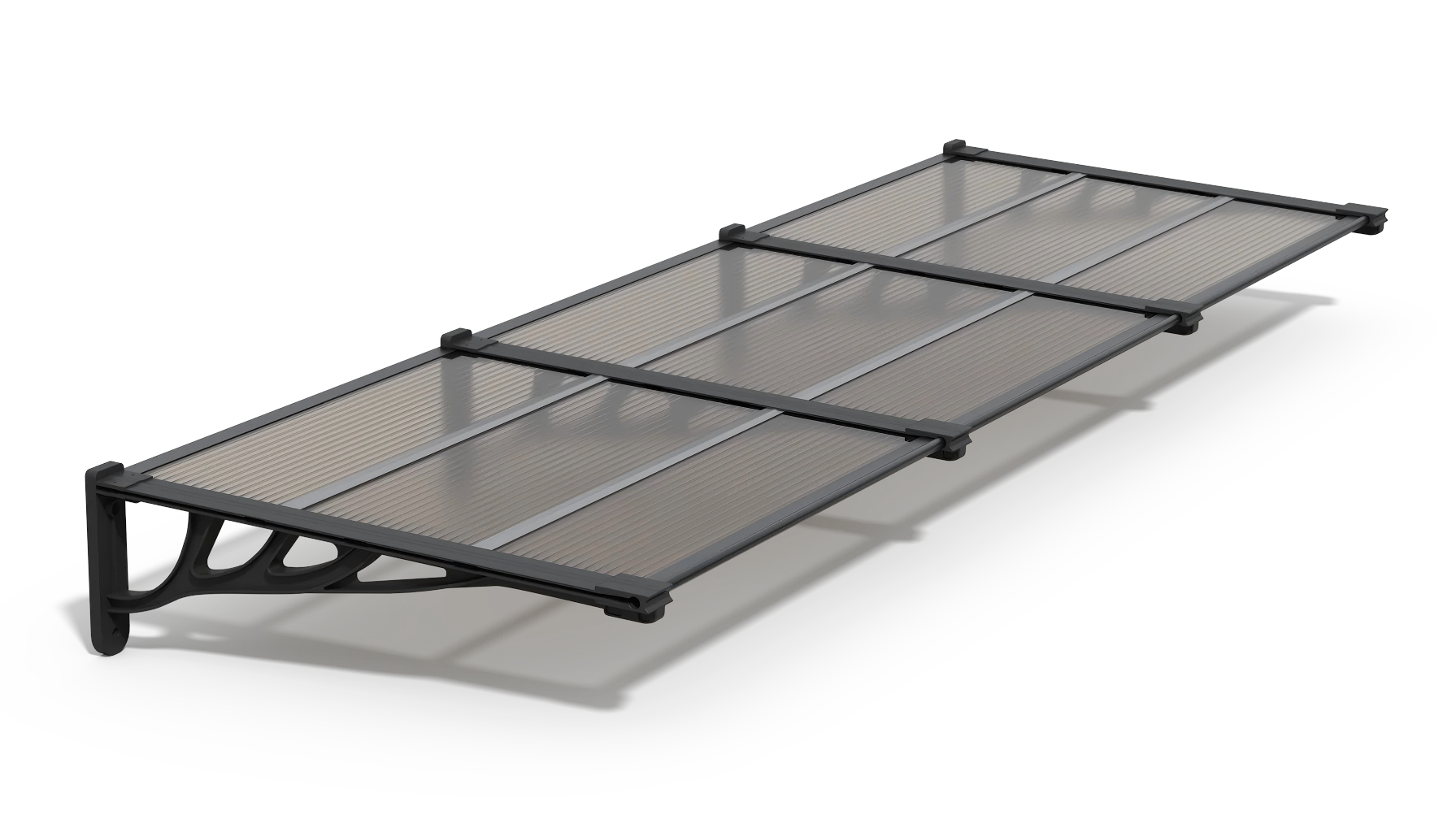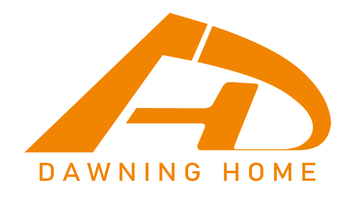Modular Awnings vs. Traditional Fixed Awnings: Which One Is Right for You?

Introduction
When it comes to choosing the perfect awning for your home, you’re faced with several options, each offering unique benefits. Among the most popular choices are modular awnings and traditional fixed awnings. Both provide sun and rain protection, but their features and installation processes differ significantly.
In this guide, we’ll compare modular and traditional fixed awnings, helping you decide which one is the best fit for your needs, budget, and home style.
1. What Are Modular Awnings?
Modular awnings are a modern solution for homeowners looking for flexible, customizable outdoor coverage. These awnings consist of interlocking panels that can be added or removed to cover varying sizes of entryways, windows, or patios.
Key Features of Modular Awnings:
-
Customizable Size: Modular awnings can be connected to cover wider spaces, making them ideal for large windows or multiple doors.
-
Easy to Install: Most modular systems are designed for DIY installation, allowing homeowners to complete the project in less than an hour.
-
Expandable: If you need more coverage in the future, you can easily add more panels to extend the awning.

2. What Are Traditional Fixed Awnings?
Traditional fixed awnings are permanent structures installed above windows or doors to provide shade and protection. These awnings are made from metal, fabric, or polycarbonate and are not adjustable.
Key Features of Fixed Awnings:
-
Sturdy and Permanent: Once installed, fixed awnings are permanent and not designed to be moved or expanded.
-
Variety of Materials: These awnings can be made from metal, canvas, or polycarbonate, each providing different levels of durability and weather resistance.
-
Limited Flexibility: Unlike modular awnings, fixed awnings cannot be easily expanded or reconfigured.

3. Flexibility and Customization: Modular Awnings Lead the Way
One of the most significant benefits of modular awnings is their flexibility. You can customize the size and shape of your awning by adding or removing panels as needed. This makes modular awnings the perfect option for homeowners who want to adapt their coverage to changing needs, such as covering additional windows or extending the awning for a larger outdoor space.
With traditional fixed awnings, you are limited to the initial design and size. If your needs change, you would have to replace the entire awning, which could be costly and time-consuming.

4. Installation: DIY-Friendly vs. Professional Help
Another critical consideration is the installation process. Modular awnings are DIY-friendly, often featuring pre-drilled holes, easy-to-follow instructions, and minimal tools. This makes them an excellent choice for homeowners who want to save on installation costs and complete the job quickly.
On the other hand, fixed awnings often require professional installation due to their size, weight, and complexity. While some homeowners may opt for DIY installation, it’s typically recommended to hire a professional to ensure safety and structural integrity.

5. Cost: Modular Awnings Are More Budget-Friendly
When it comes to cost, modular awnings tend to be more affordable than traditional fixed options. Because they are designed for easy DIY installation and don’t require expensive materials or professional help, you can save both on product and installation costs.
In contrast, fixed awnings often require higher upfront costs for both materials and installation. Additionally, if you need to replace or expand a fixed awning, it can lead to even higher expenses.

6. Durability: Which One Lasts Longer?
Both modular and fixed awnings are durable, but their longevity depends on the materials used and how well they are maintained.
-
Modular Awnings: Typically made from polycarbonate or aluminum, modular awnings are built to last. They are resistant to rust, UV damage, and weathering. The polycarbonate panels used in Dawninghome’s modular systems are shatterproof, UV-resistant, and low-maintenance.
-
Fixed Awnings: The durability of a fixed awning depends on the material used. Metal awnings are incredibly durable and can withstand harsh conditions, while fabric or canvas awnings may require more maintenance over time and are more prone to wear.

Final Thoughts: Which Awning is Right for You?
Both modular awnings and traditional fixed awnings offer great protection from the sun and rain, but which one is right for your home depends on your unique needs.
-
Choose a modular awning if you want flexibility, DIY installation, and the ability to expand or reconfigure your coverage in the future.
-
Choose a fixed awning if you prefer a permanent solution that provides a traditional, sturdy look for your home and don’t need to alter it down the road.
Either way, investing in an awning will enhance the comfort and curb appeal of your home. Ready to protect your porch, add some shade, and increase your outdoor space’s functionality?



Laisser un commentaire
Tous les commentaires sont modérés avant publication.